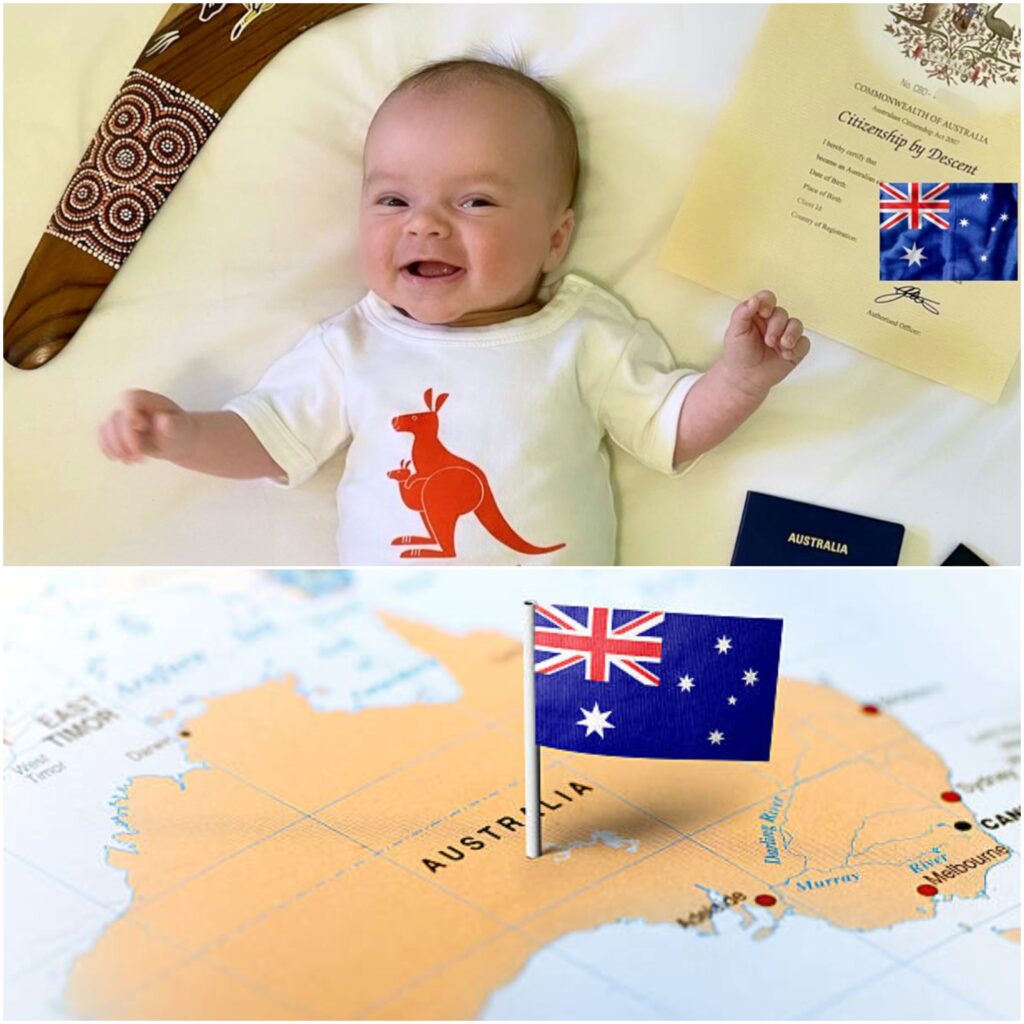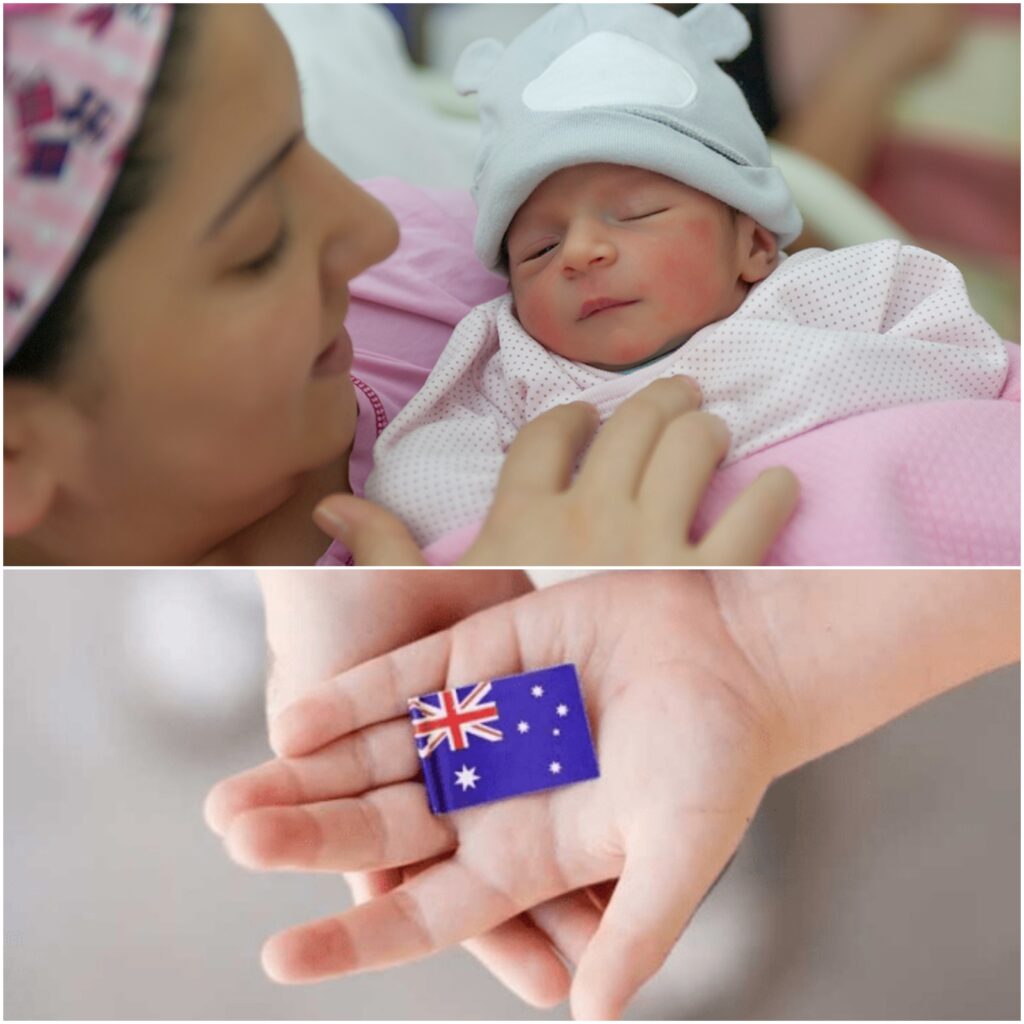Australia is known for its inclusive and fair legal framework, but the rights of children born in the country can differ significantly from those of non-citizens.
Let’s explore the unique rights granted to children born in Australia and how they compare to the rights of non-citizens.

Rights Do Children Born in Australia
- Automatic Citizenship for Certain Children
Children born in Australia automatically become Australian citizens if at least one parent is an Australian citizen or permanent resident at the time of their birth.
This provides them immediate access to several benefits and opportunities that non-citizens do not enjoy.
Children born to parents who are temporary residents or non-residents do not automatically gain citizenship.
Yet, they may qualify for citizenship by conferral after meeting specific requirements, like residing in Australia for 10 years.
Access to Education
- Australian citizens have the right to free or subsidized education in public schools.
- Children born in Australia who gain citizenship benefit from the same educational benefits as other citizens.
- Non-citizen children, including those on temporary visas, may have to pay international tuition fees or meet additional conditions to access education in Australia.
- While some visas provide access to public schooling, the cost is often significantly higher compared to citizens.
Healthcare Benefits
- Children born as Australian citizens have access to Medicare, Australia’s universal healthcare system.
- This provides free or heavily subsidized medical treatments, hospital stays, and essential healthcare services.
- Non-citizens, including children on temporary visas, may not be eligible for Medicare unless their visa includes reciprocal healthcare agreements.
- Instead, they often need to rely on private health insurance, which can be costly.
Read: Can I apply for a partner visa while on a tourist visa in Australia?
Social Security and Welfare Support
Australian citizens, including children born in the country, have access to social security benefits like family assistance payments and childcare subsidies.
These programs aim to support families in providing for their children’s well-being.
Non-citizen children, even those living in Australia, are generally not eligible for such benefits unless their visa specifically allows it.
This lack of access can put additional financial pressure on families.
The Right to Stay in Australia
One of the most significant differences is the right to stay in Australia without visa restrictions.
Australian citizens, including children born in the country, have the right to live in Australia indefinitely.
Non-citizen children may be required to renew visas or comply with specific visa conditions to stay in the country.
In some cases, their ability to stay depends on their parents’ visa status.
Voting Rights
Since voting is not relevant for children, Australian citizenship grants the right to vote once they reach the age of 18.
Non-citizens, regardless of how long they have lived in Australia, cannot vote in federal elections.
Travel Benefits
Australian citizens, including those born in the country, are entitled to an Australian passport.
This allows for easier international travel and provides access to consular support overseas.
Non-citizens may face travel restrictions depending on their visa type.
They must also ensure their visa remains valid to re-enter Australia after traveling abroad.

Pathway to Dual Citizenship
Children born in Australia as citizens can often hold dual citizenship if their parents are from another country that permits it.
This can provide them with additional opportunities and benefits in both Australia and the other countries.
Non-citizens may face stricter conditions when applying for dual or permanent residency.
Children born in Australia who acquire citizenship enjoy a wide range of rights and benefits that non-citizens do not.
From healthcare and education to travel and welfare support, these rights provide a strong foundation for their future.
Bottom Line
For families planning to settle in Australia, understanding these differences can help them make informed decisions about their children’s opportunities and well-being.
If you are unsure about your child’s eligibility for citizenship or the rights linked with their visa, consider seeking advice from a registered migration agent or legal expert.
Read: Can I stay in Australia without health insurance?